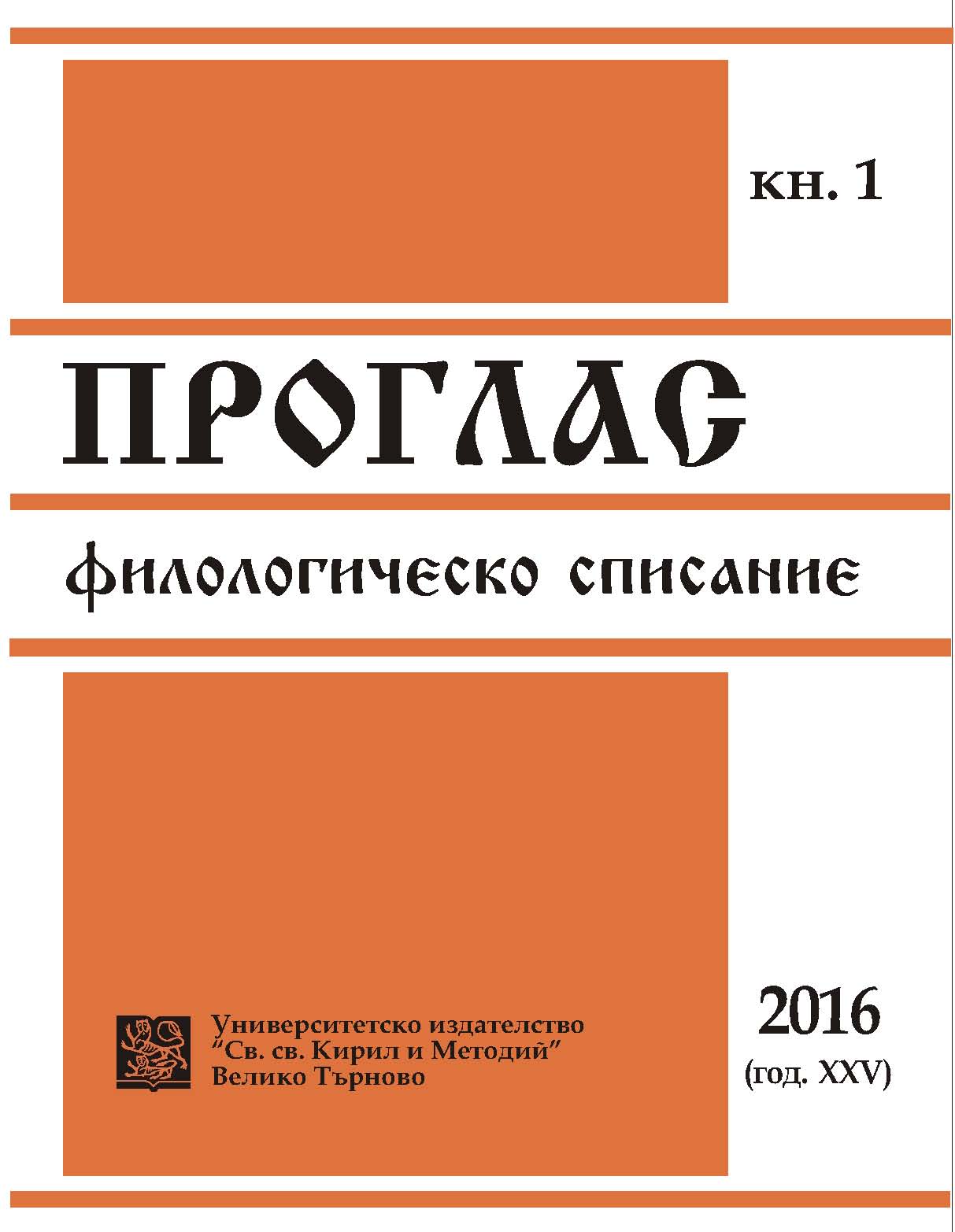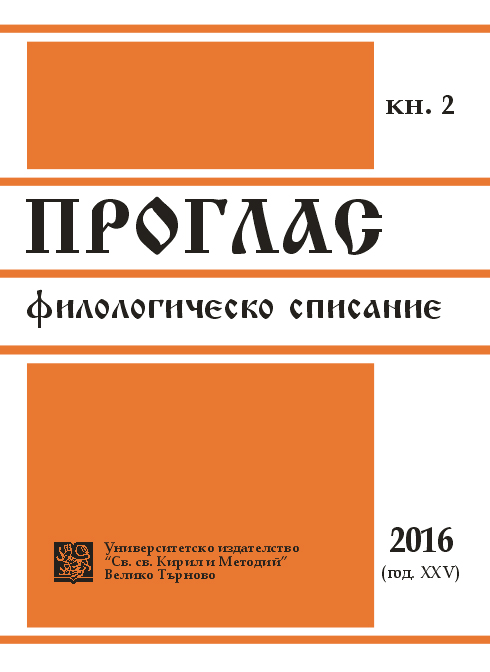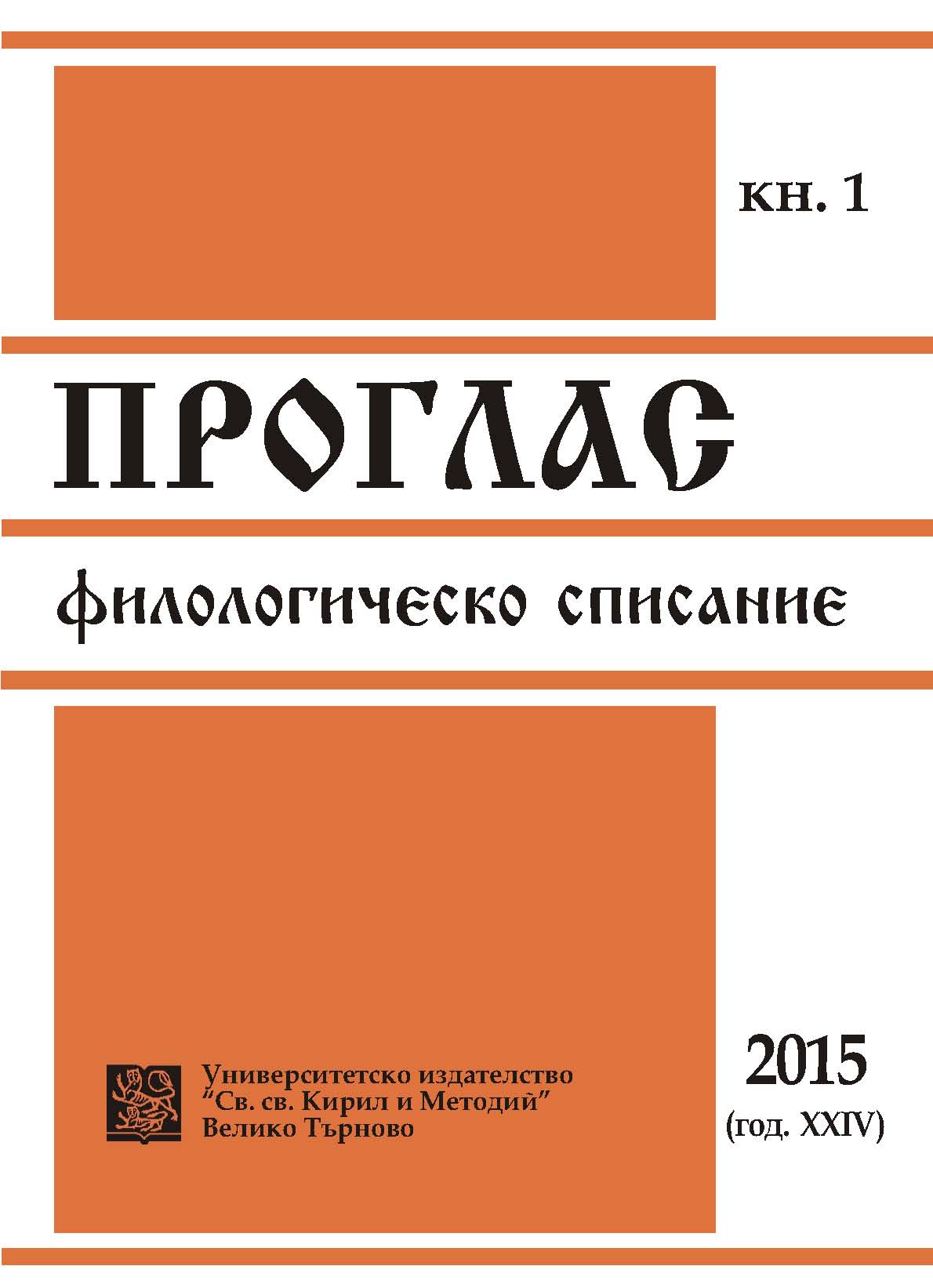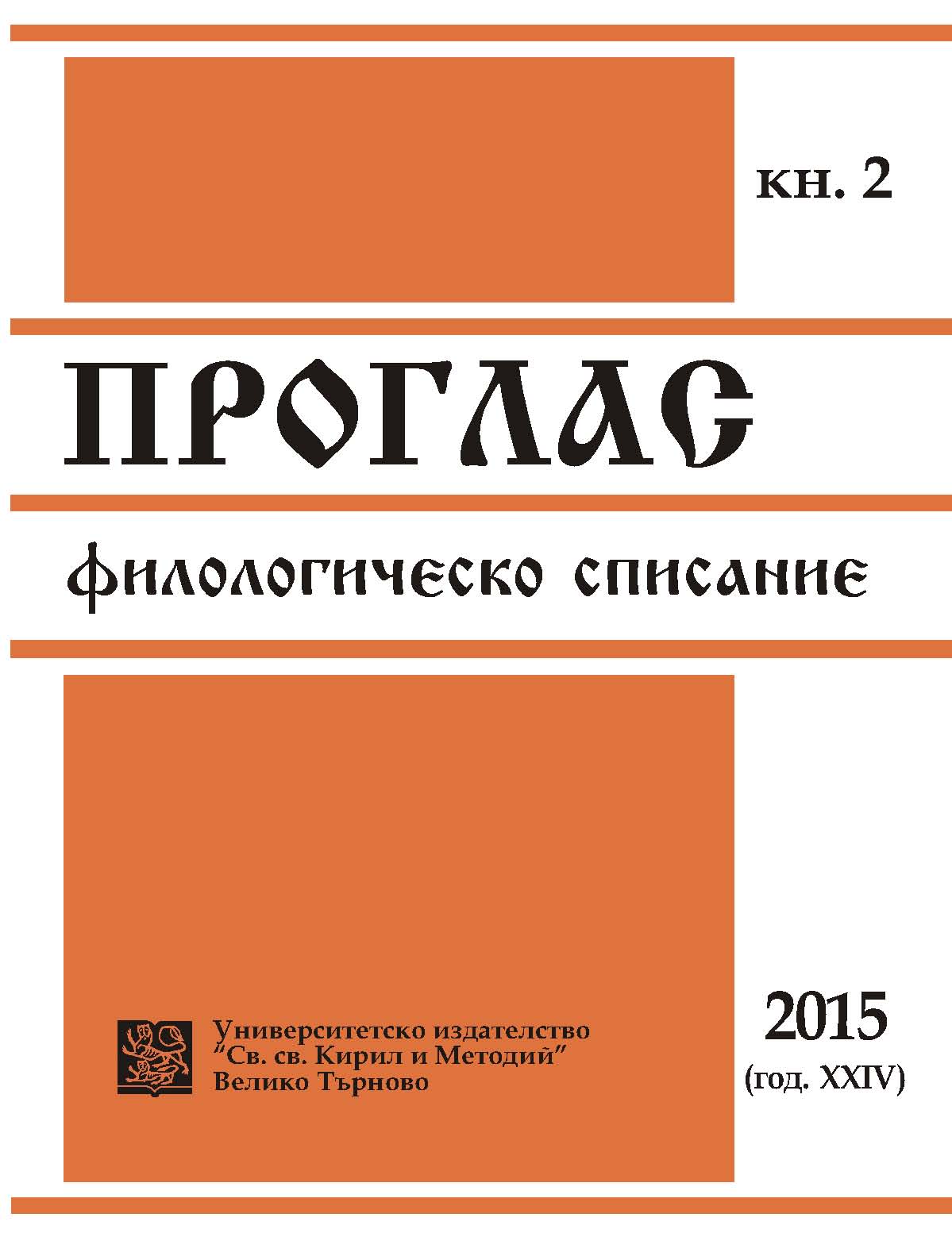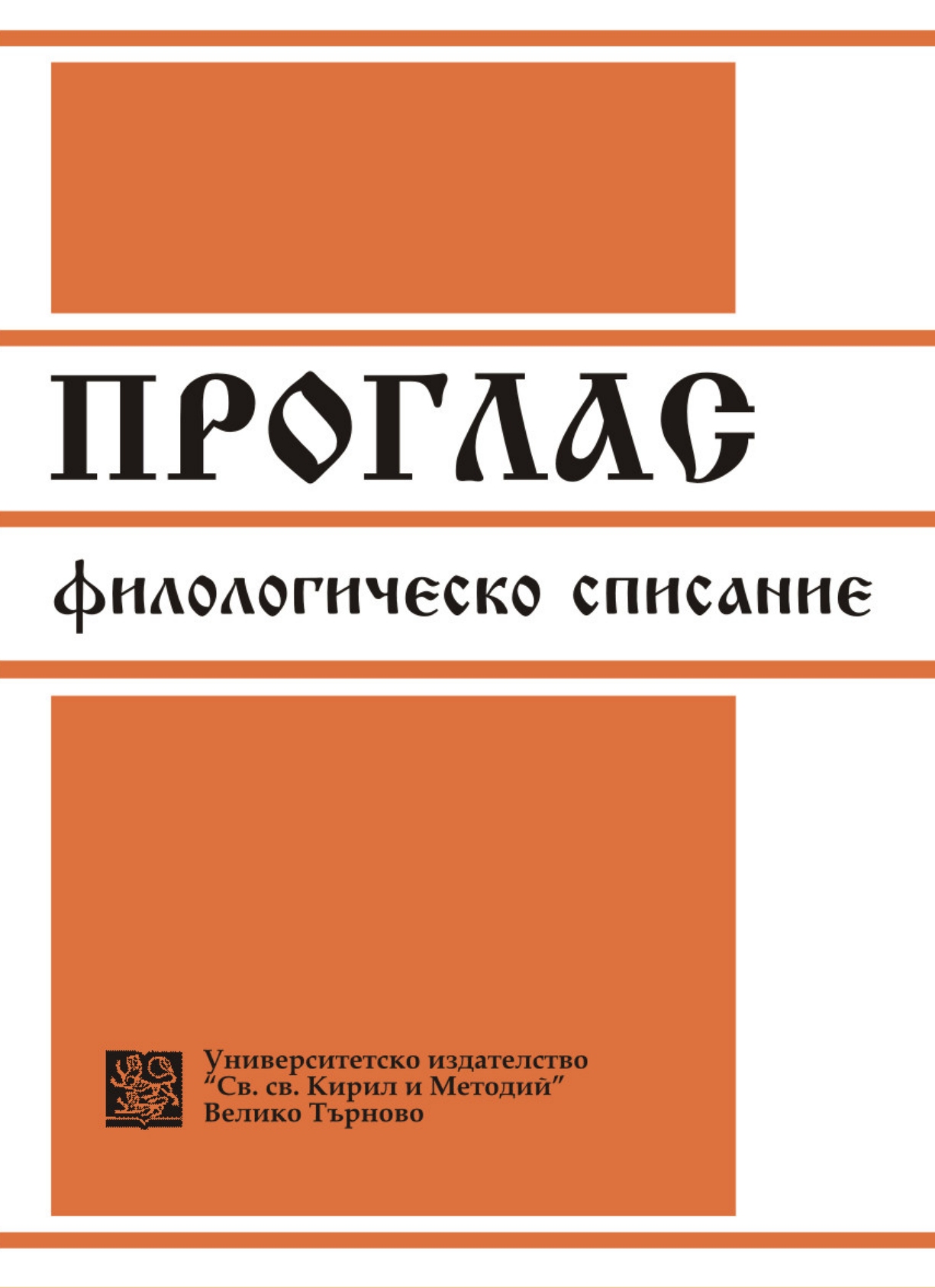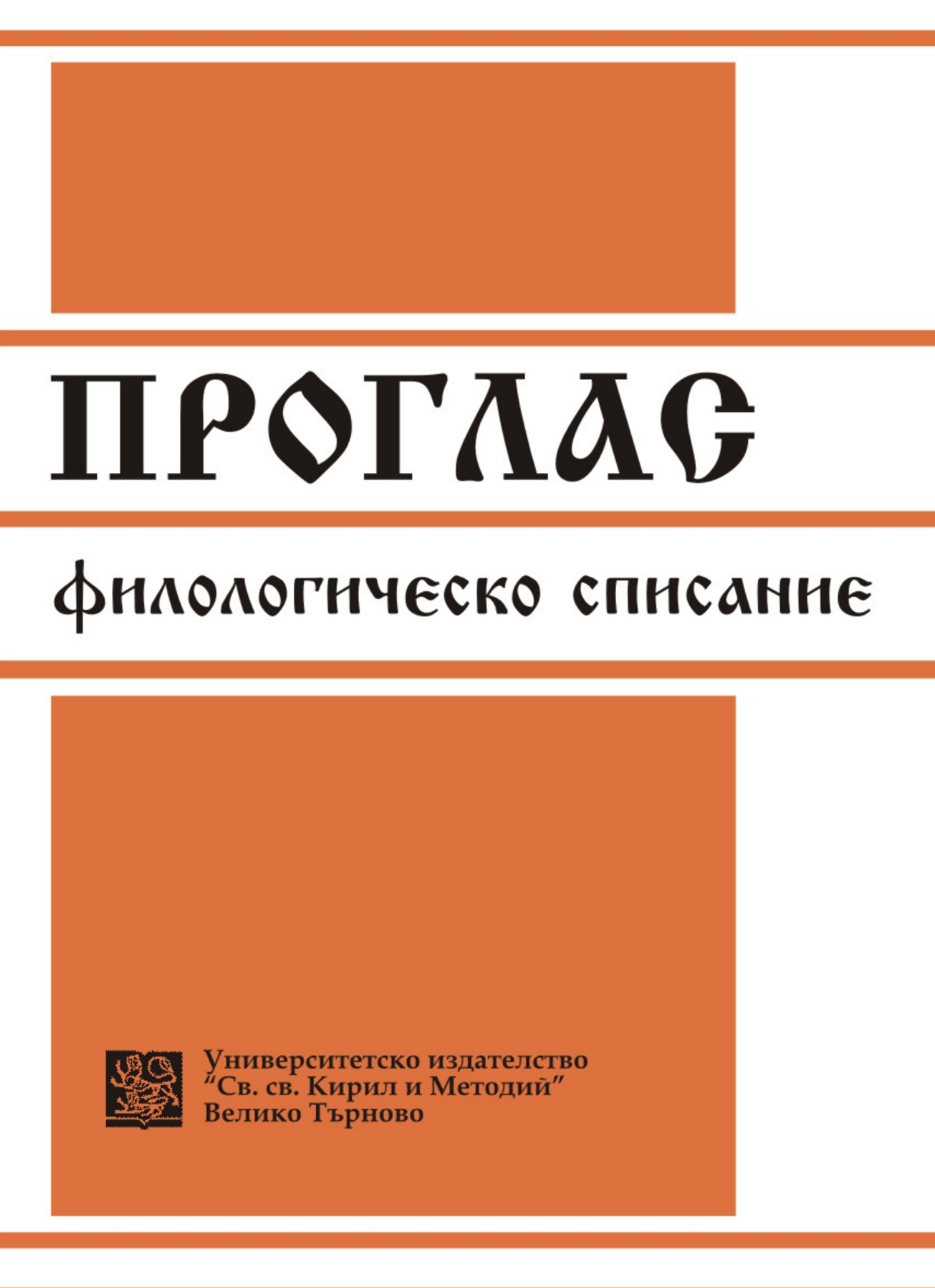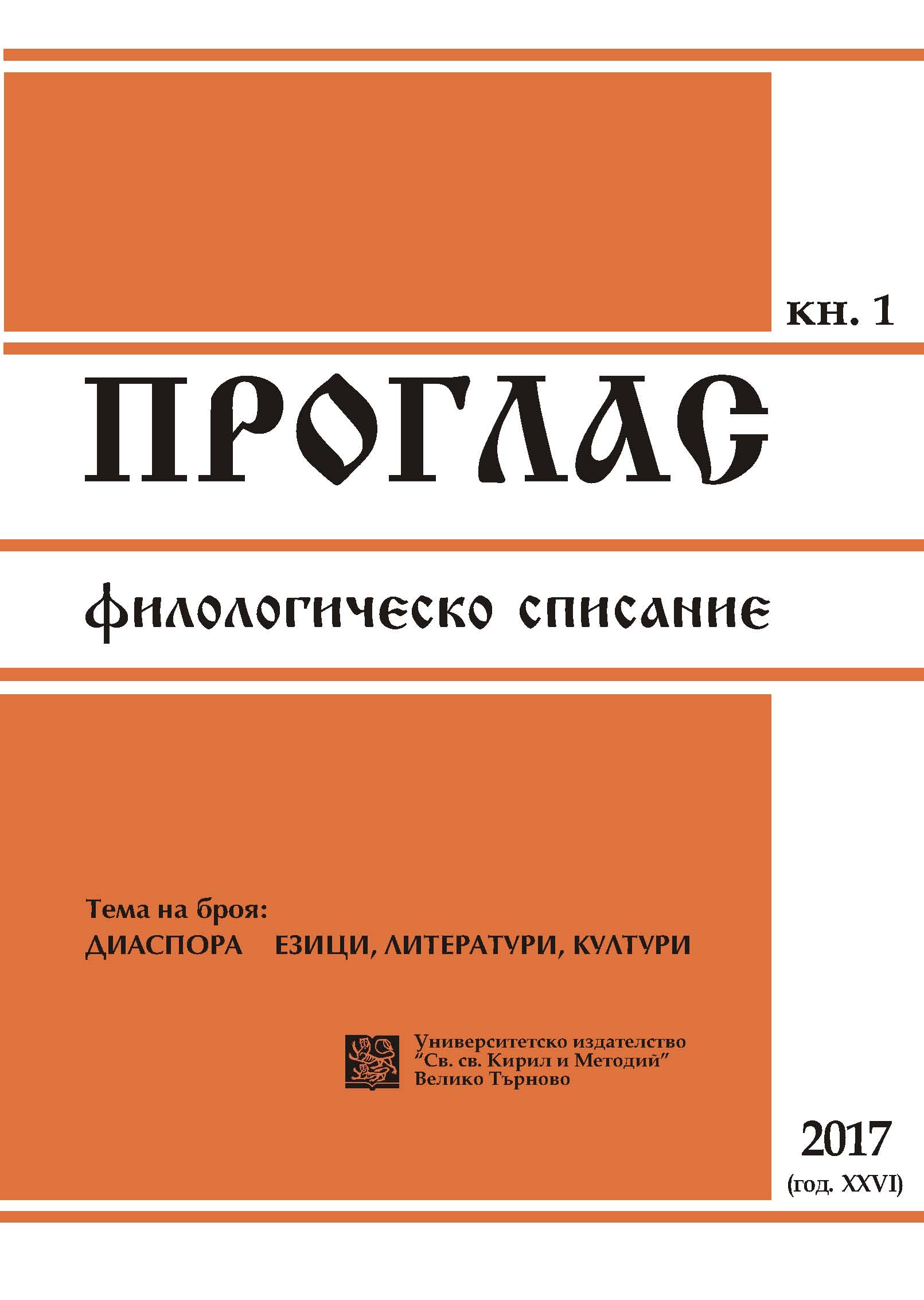
Проблематика на идентичността на православните жители на Лодз и Краков. Типологичен анализ
The paper focuses on the issue of forming and maintaining religious and ethnic identities within a European context defined by migration processes. The author considers certain relations and contradictions connected with the functioning of the two kinds of identity while also underscoring differences in the interpretation of terms such as “parish”, “congregation” and “religious group”. The sociological research presented in the paper has been carried out among Eastern Orthodox communities in Lodz and Cracow.
More...
